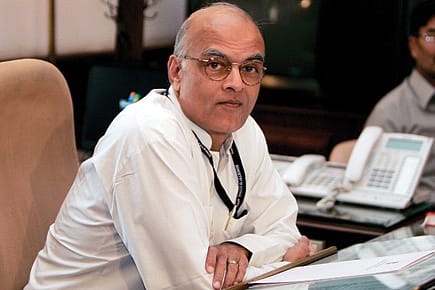National Security Advisor

Its role in matters surrounding the 2008 Mumbai terror attacks has been ordinary.
Last week, MK Narayanan completed his term as India's National Security Advisor (NSA). This week, let's quickly examine the role played by the institution and the demands it places on the incumbent.
Policy experts, Ivo Daalder and IM Destler, writing on the role of the American NSA, on which the Indian equivalent is based, say this: 'They must provide confidential advice to the President, yet establish a reputation as an honest broker between the conflicting officials and interests across the Government.' The Indian NSA was created in 1998 in response to our security and intelligence needs. It is the only one of its kind for a country with a parliamentary system of governance.
The NSA is part of a multi-tiered planning structure with the National Security Council (NSC) headed by the PM at the top. An NSC Secretariat was set up to service the Council, which included the Joint Intelligence Committee. Finally, a National Security Advisory Board of outside experts was put in place to generate independent inputs to the NSC. Ten years down the line, how effective has the body been? The results are mixed. While the NSA played a substantial role in resolving foreign policy issues with national security implications such as the polarising Indo-US Nuclear Deal, the accomplishments in matters surrounding the Mumbai terror attacks of 2008 have been quite ordinary.
Rule Americana
16 Jan 2026 - Vol 04 | Issue 54
Living with Trump's Imperium
That said, the NSA's role is meant to be three-pronged. One, as the prime mover of foreign policy initiatives and interlocutor with the big powers on strategic matters, he is diplomatic advisor to the PM. Two, as head of the NSC Secretariat, he has to take a long view on threats posed to national security. And three, as chair of the Executive Council of the Nuclear Command Authority, he oversees India's nuclear weapons programme and doctrine. During Shivraj Patil's somewhat lacklustre years as Home Minister, the NSA was also roped in for assistance on internal security affairs like Kashmir, the North-east and Naxalism.
If the past is any indication, the NSA's role is far from well defined. The focus, though, is likely to be more on diplomatic engagement than domestic security in the hands of the current NSA, Shiv Shankar Menon.
